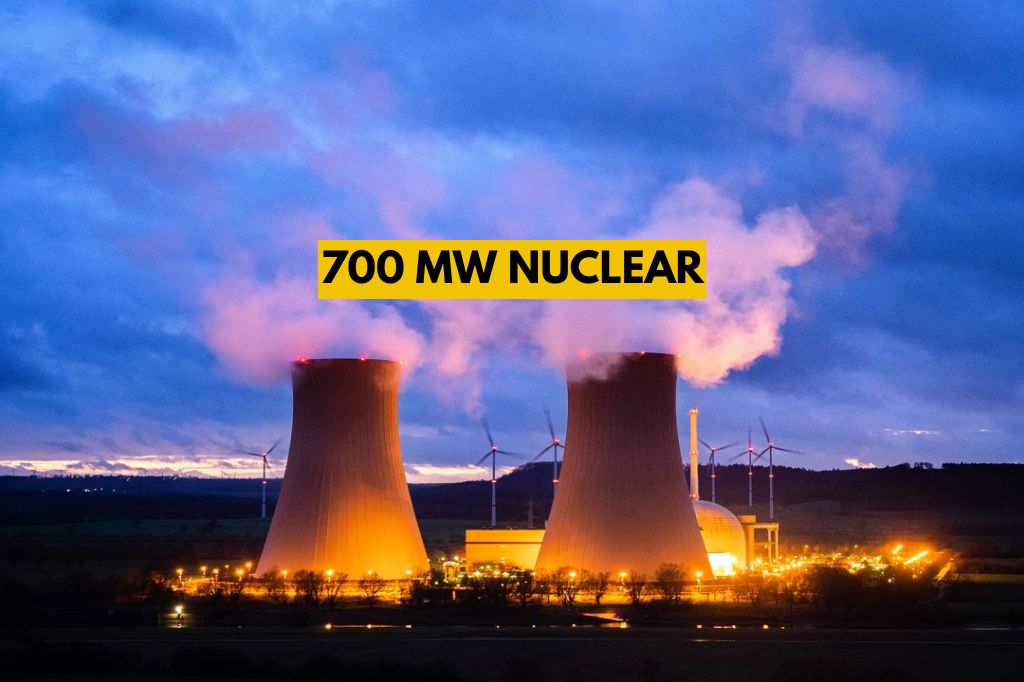The Nuclear Power Corporation of India Ltd (NPCIL) inaugurated India’s third homegrown 700 MW pressurized heavy water reactor (PHWR) in Rajasthan, thereby increasing the country’s nuclear power generation capacity to 8,880 megawatts (MW).
The Rajasthan Atomic Power Project (RAPP) Unit 7 in Rawatbhata was successfully linked to the Northern Grid at 02:37 hours today, following the completion of all necessary requirements, including those set by the Atomic Energy Regulatory Board (AERB), as stated by the company on March 17. The unit’s power output will be gradually raised to its maximum capacity, in accordance with regulatory approvals.
RAPP-7 is the third reactor in the 700 MW series of 16 indigenous PHWRs being established in the country. These domestically produced reactors are equipped with state-of-the-art safety features, making them some of the safest in the world, as stated by the company.
The company stated that the successful integration of RAPP-7 into the grid, following the seamless operation of the initial two 700 MW PHWRs—KAPS 3 and 4 (2X700 MW) at Kakrapar in Gujarat—demonstrates the strength of NPCIL’s 700 MW PHWR design as well as the competencies of NPCIL and Indian industries.







